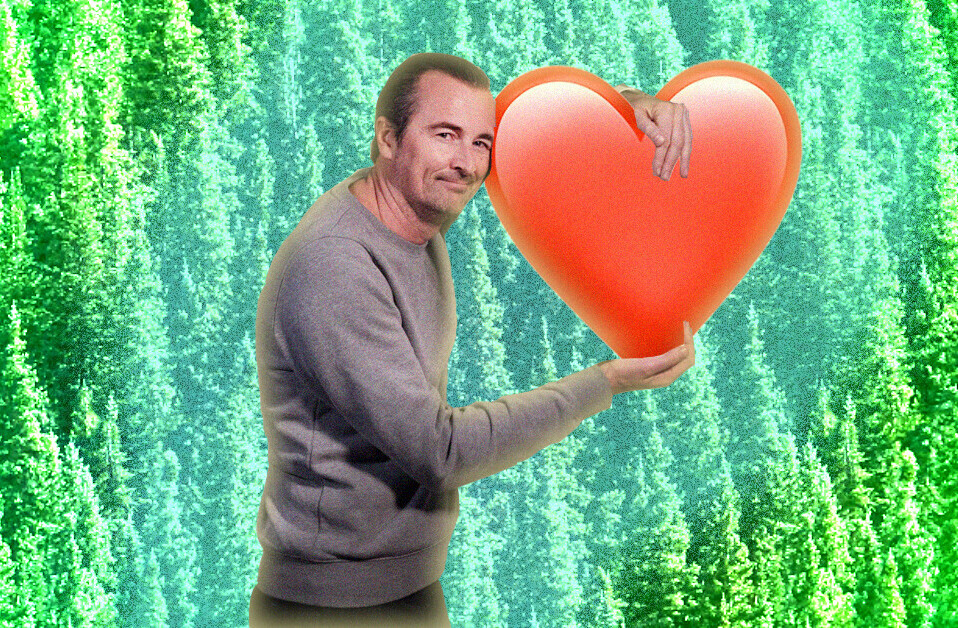
How often do you think about death? For many, the answer is a terrifying “almost always.” But, at some point or another, we’re all confronted with our own mortality. A certain bit of soul-searching over the finality of our demise is considered healthy. Some even revel in the macabre or take comfort in it.
Unfortunately, there’s no correct amount of contemplation a person should give to the concept of dying. Some people live the majority of their lives without a care in the world while others suffer from crippling thanatophobia (death anxiety). By and large, however, people seem far more consumed with death thoughts now than ever. The question is, why?
Maybe we’ve painted ourselves into a corner with technology.
Numerous studies have shown that social media platforms such as Twitter, Facebook, and Instagram can make us feel both less lonely and more isolated. While this might seem like a toss-up as far as our mental health is concerned, evidence suggests that one byproduct of this cultural shift – away from loneliness and towards isolation — has been an increased fixation on death and dying. Your edgy death obsession may not be a facet of your gothic nature, but instead could be the result of feeling as though you’re simply incapable of seeing the world through a normal lens.
A team of researchers from the University of Arizona recently conducted a study to determine whether existential isolation played a role in what they deemed “increased death thought accessibility.” According to the team:
Existentially isolated individuals do not feel that their views of the world are shared by others. Thus, they do not get much social validation of their worldviews. Terror management research has shown that strong faith in one’s worldview protects people from their concerns about mortality (for a review, see Greenberg, Vail, & Pyszcznski, 2014). When people’s worldviews are weak or threatened, death-related thought becomes more accessible.
In two separate experiments, the team asked hundreds of participants to answer questionnaires designed to determine if people who suffered from existential isolation were more likely to have greater “death thought accessibility.” The researchers weren’t looking for the people who chose to think about death the most – obviously morticians and The Walking Dead fans would top those categories – but those who were more likely to have thoughts about death under ordinary circumstances.
To determine if participants were socially isolated, the study required them to answer questions concerning how they saw themselves and whether they believed they viewed the world in the same way as everyone else. The study also attempted to determine how important participants’ identity as a member of their culture – in this case “American” – was to them.
Once the scientists established what level of existential isolation each participant had, the researchers then had them solve a series of word puzzles featuring incomplete words. The words were set up so that they could be completed in a manner that spelled something related to death, or something innocuous such as “D-E-__-__,” which could be completed as “dead” or “deep.”
Unfortunately the results were mixed. While one study showed a direct relation to heightened death thought accessibility in those who appeared to have high levels of existential isolation, the results weren’t conclusively repeated in a second study.
Lead researcher Peter Helm told Psypost:
There are always caveats to research. One big one is that our observed effects were relatively small. While feeling existentially isolated was found to be consistently associated with a weaker or fragmented buffer [against anxiety], it appeared to only account for a small percent of the variance.
All said, Helm and company’s research represents an exciting step towards laying bare the mysterious nature of why so many people find themselves inescapably drawn to contemplate their mortality.
If you or someone you know suffers from uncontrollable or frightening anxiety, regardless of the nature or source, you should immediately seek help from a professional therapist. If those feelings involve thoughts of a suicidal nature, you should contact emergency services or a suicide help line (international listings here).
Get the TNW newsletter
Get the most important tech news in your inbox each week.




